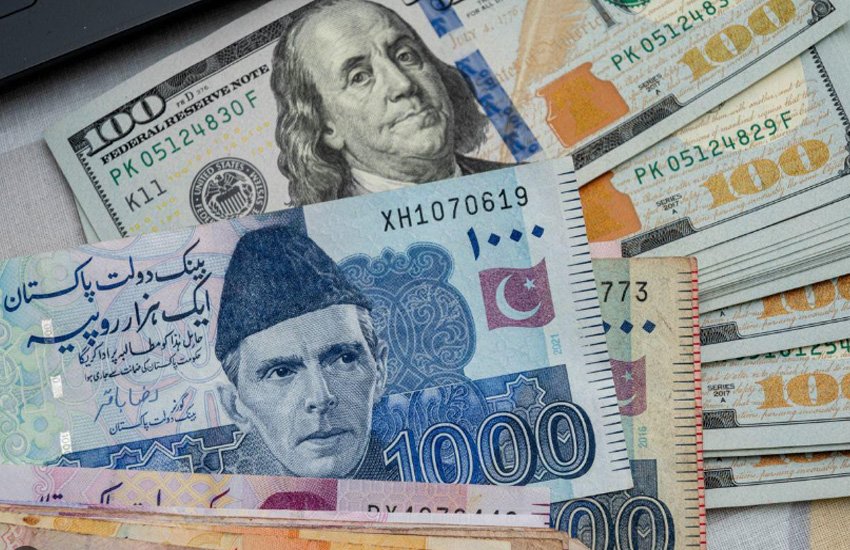The Economic Affairs Division (EAD) has requested an additional Rs. 196 billion ($664 million) to ensure efficient utilization of foreign-funded projects, as outlined in a briefing submitted to the National Assembly Standing Committee on Economic Affairs. This request was highlighted during the Public Sector Development Program (PSDP) annual review meeting on September 11, 2024.
Kazim Niaz, Secretary of the EAD, informed the committee that the government had allocated Rs. 350 billion for the current fiscal year to cover the rupee component of foreign-funded projects. However, due to conditions imposed by the International Monetary Fund (IMF), the rupee cover has been reduced, necessitating additional funds.
The committee, chaired by Muhammad Atif, received a comprehensive analysis of the local currency requirements for foreign currency transactions. The EAD identified several procedural challenges causing delays in project execution, such as lengthy processes for preparing and approving Project Concept-1 (PC-I) documents, revisions leading to time and cost overruns, delays in establishing designated project accounts, and a lack of understanding of development partners’ requirements. The EAD suggested that establishing Project Management Units (PMUs) and appointing dedicated project directors could mitigate these delays.
Committee members emphasized the need to incorporate land acquisition, local concerns, and security issues into project policy frameworks at both provincial and federal levels. The Chairman stressed the importance of a strategic approach to streamline the execution of foreign-funded projects and address the factors causing delays.
The committee agreed to seek a detailed briefing from the Secretary of Planning on project policies to formulate recommendations for overcoming execution challenges. It was emphasized that projects of national significance should not be hindered by procedural issues and that reforms are necessary to ensure their timely progress.
The EAD reaffirmed its commitment to enhancing coordination with provincial and federal governments to expedite the execution of multilateral and other projects. The committee proposed separate briefings for each multilateral project, inviting respective executing agencies to discuss project status, existing issues, and recommendations for accelerating implementation.
Currently, the EAD oversees 18 multilateral projects with the Asian Development Bank (ADB), 21 with the World Bank (WB), 3 with the Islamic Development Bank (IsDB), 1 with the OPEC Fund, 2 with the Asian Infrastructure Investment Bank (AIIB), and 1 with the International Fund for Agricultural Development (IFAD). These projects span various sectors, including energy, transport, agriculture, public sector management, finance, and health.












